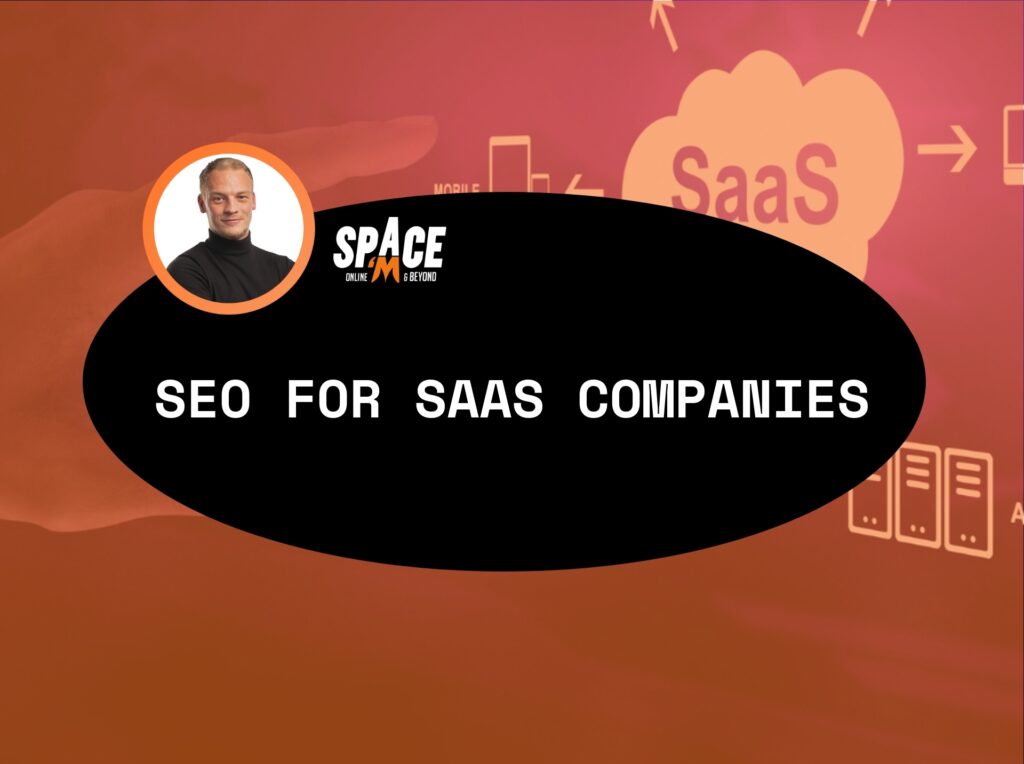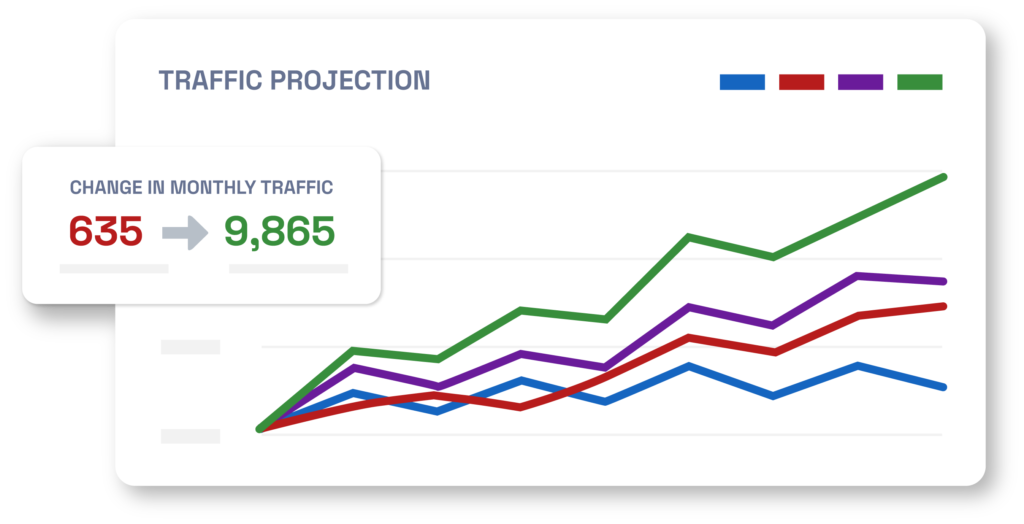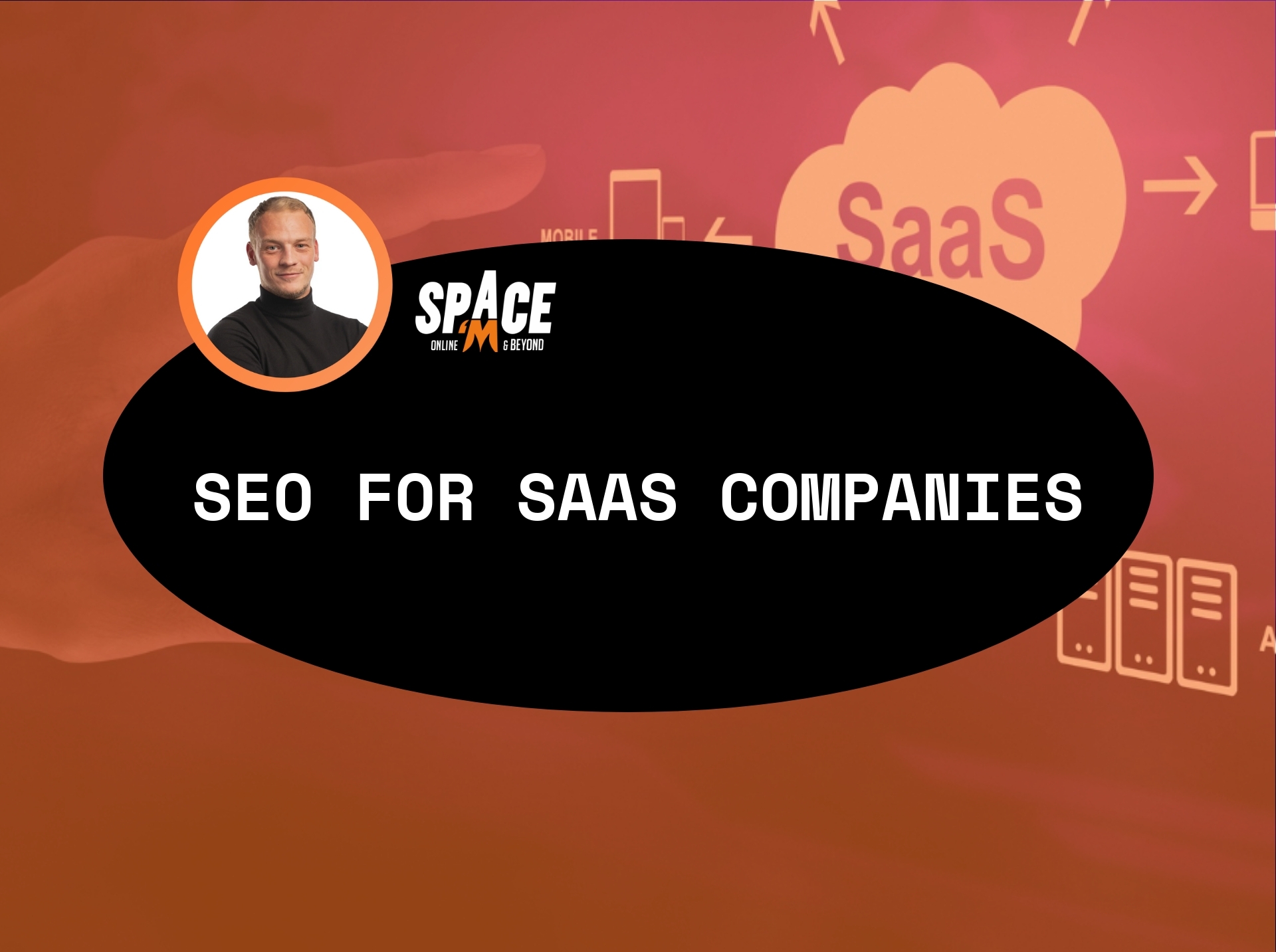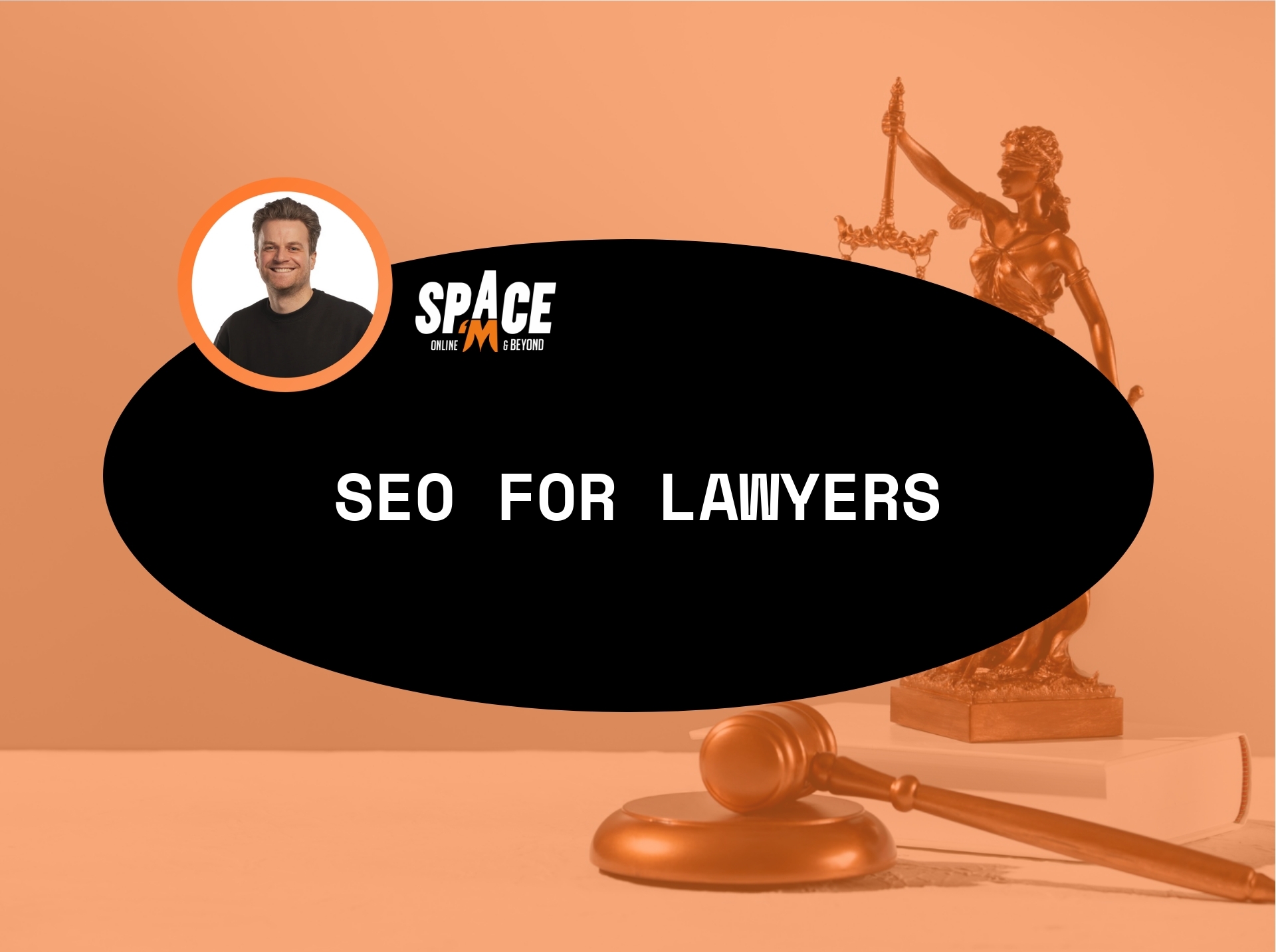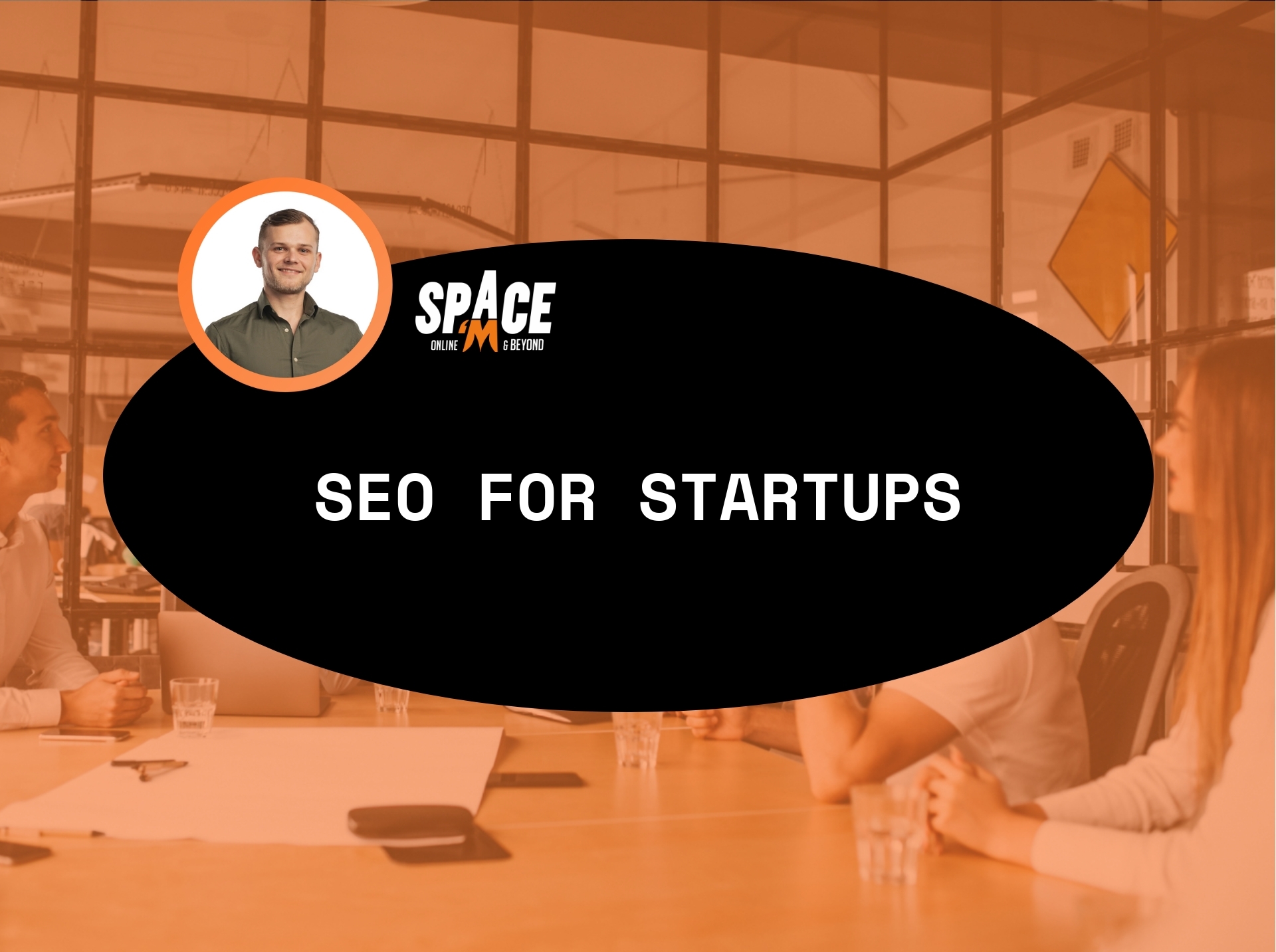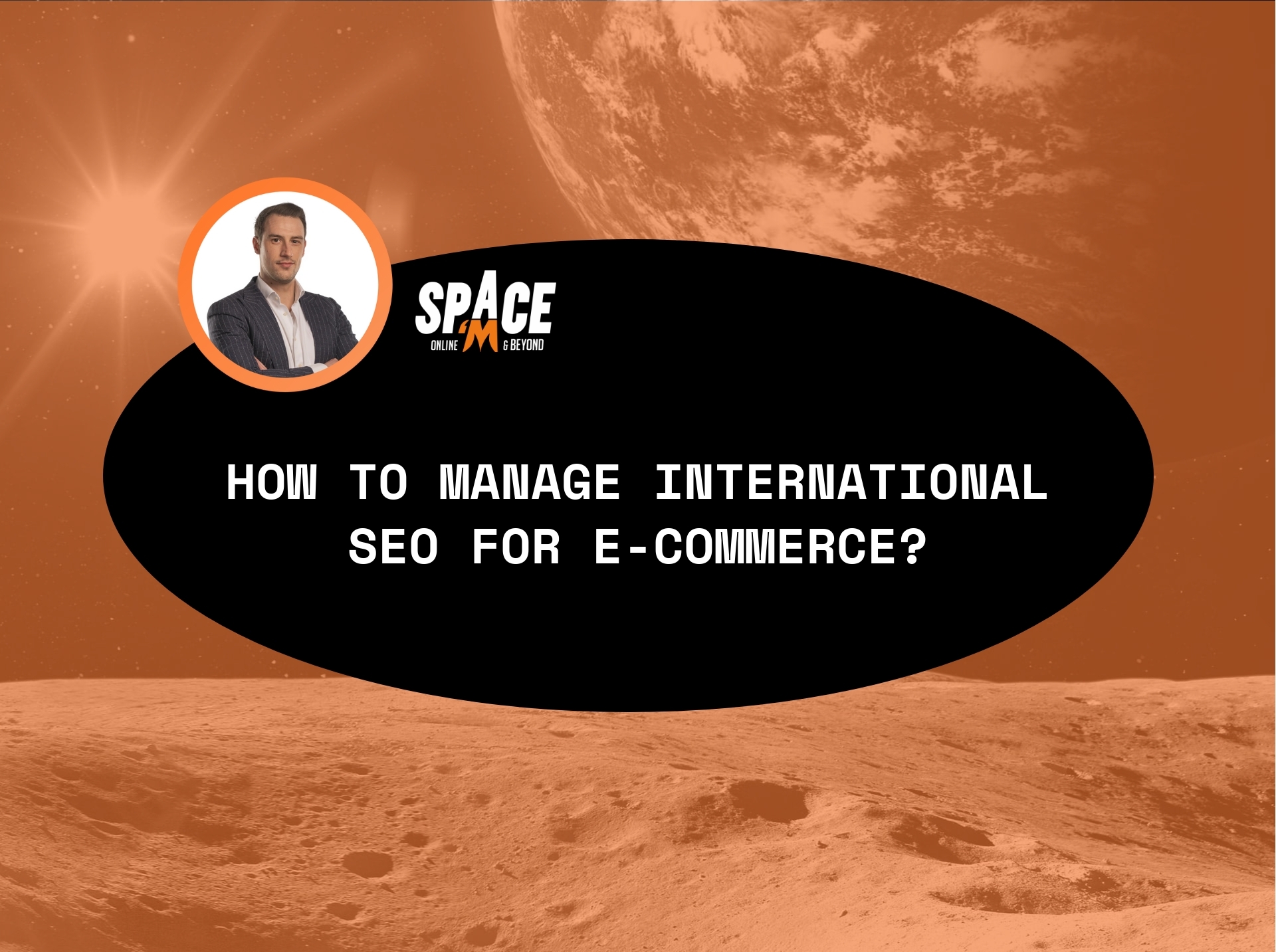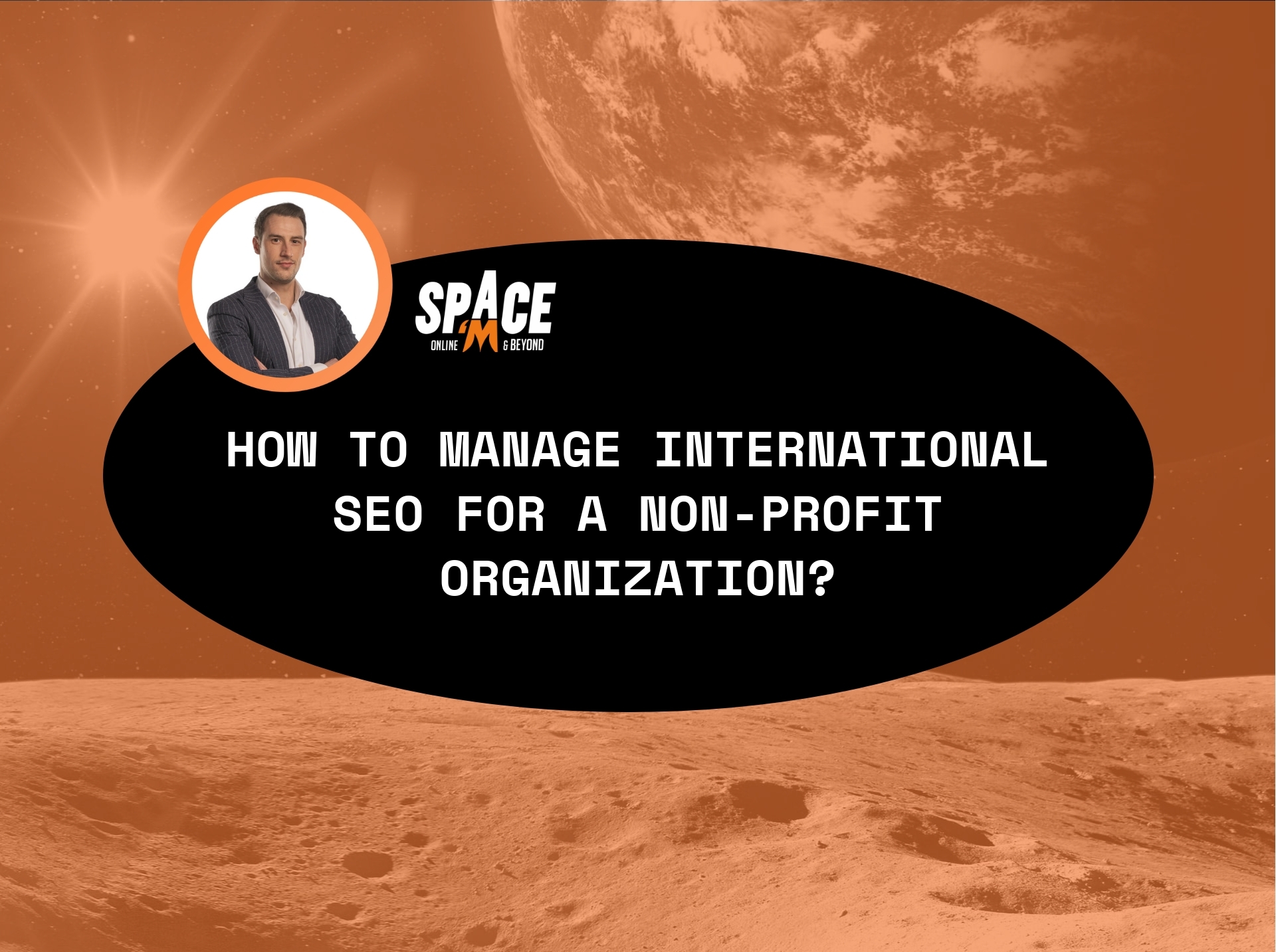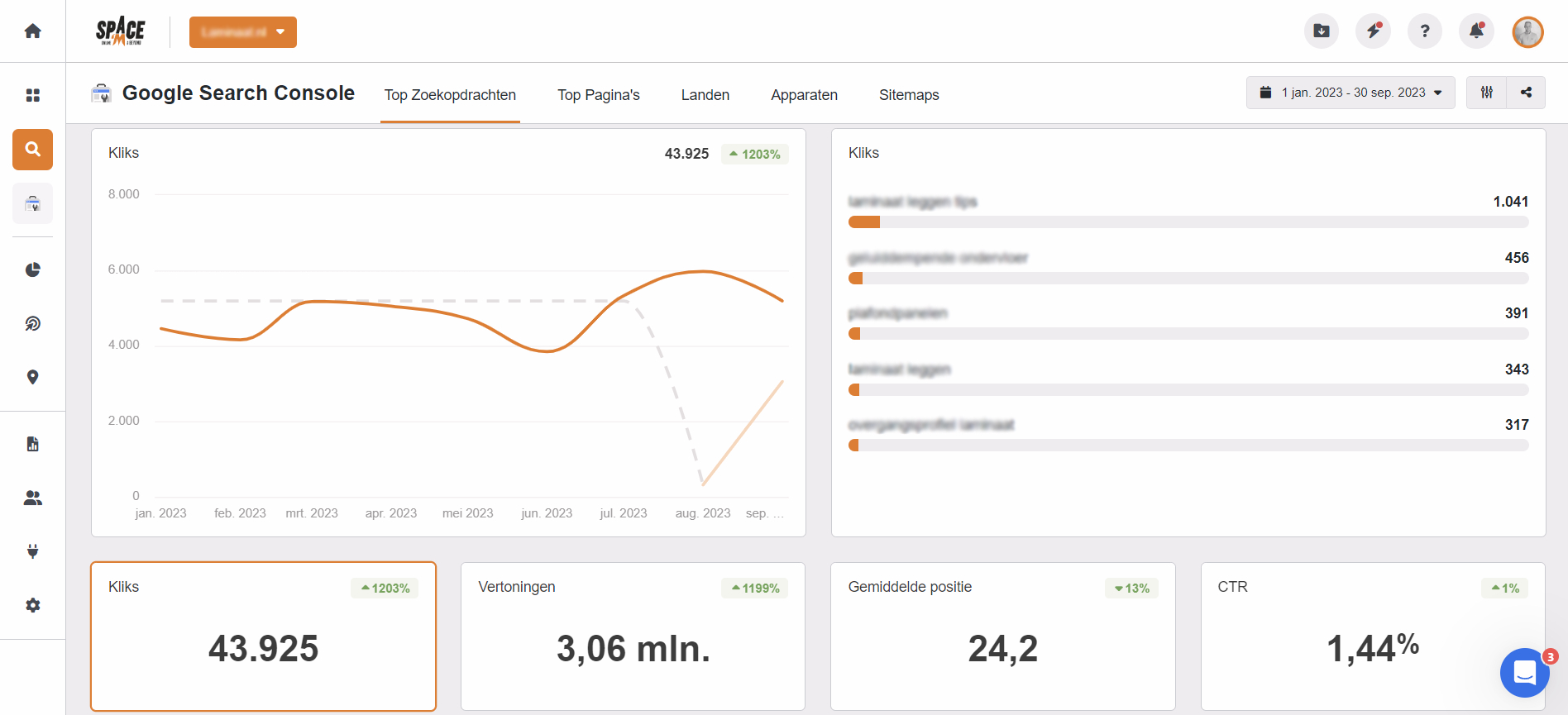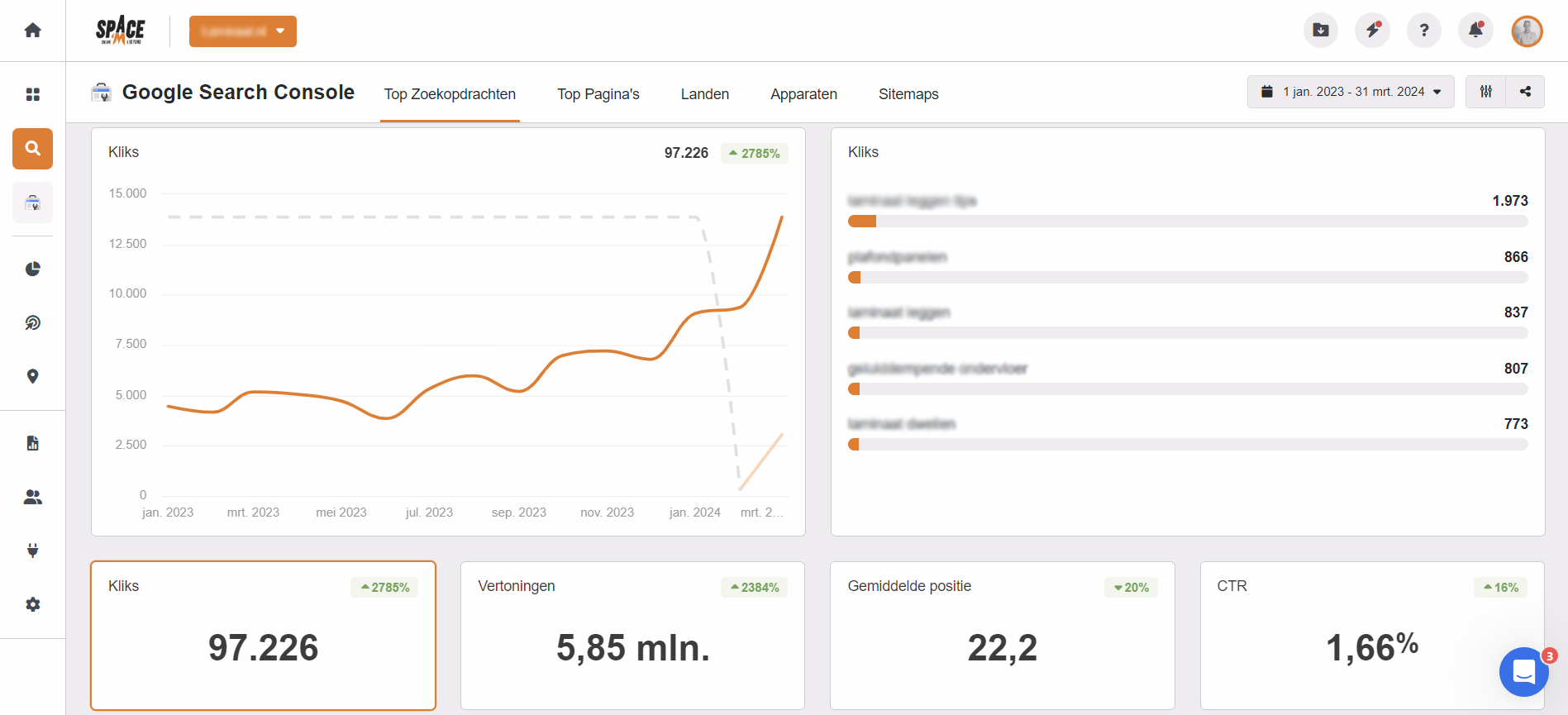If you’re looking to drive organic growth for your SaaS business, understanding how to effectively optimize your website for search engines is crucial. SEO for SaaS involves unique strategies tailored to converting traffic into paying customers rather than just increasing clicks. This article will provide you with actionable strategies to boost your SaaS website’s rankings and conversions.
Key Takeaways
- SaaS SEO emphasizes long-term solutions, focusing on signups and conversions rather than just driving traffic, by utilizing relevant keywords and content to increase Google ranking.
- An effective SaaS SEO strategy includes four key elements: Keyword Research, Technical SEO, Content Strategy, and Link Building, all aimed at boosting visibility, organic traffic, and conversions.
- Tracking and analyzing key SEO metrics using tools like Google Analytics and GA4 is crucial for improving SEO performance, understanding user behavior, and making data-driven adjustments to enhance growth and competitiveness in the SaaS industry.
What is SaaS SEO?
SaaS SEO, which stands for Software as a Service search engine optimization, involves optimizing websites with relevant keywords and content to increase their Google ranking. Unlike traditional SEO, which often focuses on driving traffic, SaaS SEO emphasizes long-term solutions and optimizing for signups rather than just clicks.
SaaS SEO capitalizes on the understanding of search engine algorithms to elevate website visibility and organic traffic. It targets the conversion of this traffic into paying customers by employing effective strategies. This method proves indispensable in a highly competitive industry where maintaining visibility is ever challenging.
SaaS SEO requires leading potential users through the buyer’s journey by providing them with information, comparisons, and social proof. This means focusing on the target customers, understanding their struggles, and showing how the software can help.
In essence, SaaS SEO is about increasing organic rankings and boosting visibility for SaaS websites to drive conversions and revenue. It takes much of the hard work out of the sales cycle by attracting high-quality organic traffic, representing visits from people actively interested in your business and offerings.
Why SaaS Companies Need a Unique SEO Strategy
For subscription-based SaaS companies, customer acquisition is only half the battle; retaining them for the long haul is equally paramount. Consequently, a distinctive SEO strategy is required that appeals to decision-makers who typically make subscription choices collaboratively as a team or organization.
SaaS companies, including your saas company, often face global competition, requiring a globally oriented SEO strategy that considers different languages, cultures, and search behaviors. This global approach is vital to stay competitive in an increasingly digital marketplace.
SaaS-oriented SEO necessitates:
- Agility to accommodate industry shifts, recurrent algorithm updates, and changing customer preferences
- Maintaining proactive responses to these elements to achieve optimal results
- Prioritizing long-term relationships by generating useful and relevant content that engages and retains existing customers.
SEO is also essential for driving high-quality organic traffic to SaaS websites. It has a significant impact on improving lead generation, conversion rates, and ultimately revenue. It reduces customer acquisition costs (CAC) and increases customer lifetime value (CLV), providing long-term results even with less investment over time.
Key Elements of an Effective SaaS SEO Strategy
A successful SaaS SEO strategy rests on four fundamental pillars:
- Keyword Research
- Technical SEO
- Content Strategy
- Link Building
Each element contributes significantly to augmenting search engine visibility, propelling organic traffic, and transforming visitors into steadfast customers.
Keyword Research for SaaS
The process of keyword research involves:
- Identifying the specific words or phrases that individuals commonly utilize when conducting searches on major search engines, such as Google or Bing
- This is an essential aspect of optimizing content for improved search engine visibility
- For SaaS businesses, this involves identifying the terms and phrases potential customers use when searching for software solutions.
The initial step in building a keyword strategy for SaaS SEO is to identify the problems your personas have and build a keyword strategy around them. Seed keywords, typically consisting of one to three words, serve as the foundation for developing additional keywords. These keywords are crucial for shaping the overall keyword strategy. Brainstorming keyword ideas helps in identifying the diverse ways target customers search for the software services.
To prioritize relevant keywords with high search volume and the probability of ranking, it is important to align target keywords with search intent for a SaaS business. This includes categorizing keywords into top-of-the-funnel (ToFu), middle-of-the-funnel (MoFu), and bottom-of-the-funnel (BoFu) to address different stages of the buyer’s journey.
Competitive analysis is also important for SaaS SEO to identify potential keywords and understand their search intent. The final step involves trimming and finalizing the list of keywords and weaving them naturally and strategically into the website content.
Content Optimization Techniques
Optimizing content is a crucial aspect of SaaS SEO for enhancing search engine rankings and boosting organic traffic. The goal is to provide valuable information for the human audience while including keywords naturally. To optimize content for the right target keywords, include them in:
- Content titles
- Headings
- URLs
- Meta descriptions
- Body text
Incorporating target keywords in the title tag tells Google what the page is about, thus improving search engine visibility.
Enacting a content audit is integral as it assists in discerning what aspects of the website are effective and which are not. This involves identifying pages liked by the audience and spotting missing content. Additionally, ensuring consistency in voice and understanding the product and audience are key to successful content optimization. This could include involving in-house writers or outsourcing to freelance writers or a content marketing agency for fresh perspectives and unique styles.
Technical SEO Best Practices
Technical SEO enables search engine bots to access and index the website efficiently, thereby expanding exposure to potential customers. It involves optimizing elements on a website to improve rankings, visibility, and user experience.
Key factors affecting user experience and search engine rankings include site speed, mobile-friendliness, and HTTPS. These elements are crucial for SaaS websites to ensure the site is fast, secure, user-friendly, and easy to crawl, ultimately leading to better search engine results pages.
Tools like Google Search Console and Ahrefs can be used to conduct technical SEO audits. These tools help identify on-page and technical SEO issues that need to be addressed.
Schema markup involves adding code to a website to help search engines understand the information better and optimize for rich snippets. This can enhance the appearance of search engine results and improve click-through rates.
Building a Strong Link Profile
The domain authority score offers a gauge of the likelihood of a website to rank in search engine results. This score is based on various factors related to the website’s credibility and quality. Sites with high-quality and relevant backlinks tend to have high domain authority, which correlates with better SERP ranking.
SaaS companies consider link building crucial as they operate in a highly competitive and rapidly evolving industry. It helps to strengthen their online presence and visibility among potential customers. SaaS businesses can create a strong online presence and attract organic traffic by building a solid backlink profile. This can help them to:
- Stand out and improve their visibility in the competitive digital landscape
- Gain credibility and trust from search engines and users
- Increase their website’s authority and ranking in search engine results
Backlinks from reputable, relevant, and popular websites signal to search engines that the site is trustworthy and authoritative.
High-quality backlinks are acquired through tactics like:
- Content marketing
- Email outreach
- Broken link building
- PR
Editorial link building, where an editor of another site links back to your site, can significantly boost the rankings of target URLs.
Building a strong link profile involves generating backlinks and using tools like Backlink Gap analysis to find sites linking to competitors but not to your website. This strategy enhances brand awareness and credibility, ultimately driving more organic traffic.
Creating Content That Converts
Implementing a defined content strategy guarantees the content fulfills its intended purpose and reaches its target audience. For SaaS companies, content marketing is unique because they are marketing both products and services, and consumers are looking for long-term relationships and gauging the quality of the product and the support offered. Creating content that provides value and positions the product as a solution can attract high-quality backlinks. Highlighting specific benefits and using data-driven insights are crucial for creating content that converts.
Including clear and compelling calls to action guides readers towards conversion. A content calendar helps writers know what’s expected for a particular target keyword, and adding detailed briefs ensures everyone is on the same page. Best practices involve:
- Ensuring consistency of voice
- Having a thorough understanding of the product and audience
- Involving in-house writers or outsourcing to freelance writers or a content marketing agency for fresh perspectives and unique styles.
Understanding Search Intent
The search intent refers to the main objective of the user when they type in a specific keyword. It helps understand what the user is hoping to achieve with their search. Comprehending search intent holds significance for SEO as it affects what your target customers are likely to search for and can notably amplify the probability of garnering clicks in the search results.
There are three main types of search intent:
- Informational searches: when users are looking for information on a particular topic.
- Navigational searches: when users are looking for a specific website or page.
- Transactional searches: involve a brand name and signify a nearing purchasing decision.
Satisfying search intent is crucial for SEO. If the content fails to satisfy the user’s query better than other results, it can hinder a SaaS company’s content from outranking other articles on the same topic. This makes it essential to align content with the search intent of the target audience.
To align content with search intent, it’s important to identify relevant keywords that match the different types of search intent. Using keyword research tools can help find relevant keywords and understand the search intent behind them.
Types of Content for SaaS Companies
SaaS companies benefit from producing various types of content to effectively showcase their products and convert customers at different stages of the buyer’s journey. Diverse content formats cater to different needs and preferences, ensuring a comprehensive content strategy.
Use Case Landing Pages provide concrete examples of your product’s applications and specify features that address user pain points. These pages help potential customers understand how the product can solve their problems and meet their needs.
Comparison Landing Pages highlight your product’s unique features and benefits compared to competitors. These pages aid in informed decision-making by showing how your product stands out in the market.
Templates offer immediate value by solving common problems and showcasing your tool’s capabilities. Providing templates can attract users looking for quick solutions and demonstrate the practical use of your product.
Measuring and Analyzing SEO Performance
Assessing SEO performance is vital to gain insightful data about campaign performance, identify gaps, and devise action steps for enhancement. Setting clear goals and KPIs is critical for measuring the success of an SEO strategy.
Metrics like organic search traffic, keyword rankings, and conversions provide an ideal picture of search engine performance and the profitability of SEO campaigns. Google Search Console and Google Analytics provide valuable insights to help analyze a SaaS website’s search engine visibility and performance. These tools can help track key metrics and identify areas for improvement.
Google Analytics can be used to measure organic search engine traffic. Tools like Semrush and Ahrefs can track search engine rankings for targeted keywords, providing a comprehensive view of SEO performance.
Tracking conversions helps to understand the profitability of organic traffic. Google Analytics with the ‘Goals’ feature can be used for conversion tracking, helping to measure the effectiveness of SEO efforts.
Setting Up Google Analytics
To set up GA4, first create a property in Google Analytics and install the tracking code on your site. This is a crucial step for capturing detailed user interactions and tracking performance metrics.
GA4’s event-based tracking captures detailed user interactions crucial for SaaS analytics. This includes tracking specific user actions like feature usage and subscription upgrades, providing a comprehensive view of user behavior on your site.
Custom events in GA4 can be set up to track specific user interactions that are important for your SaaS business. This helps in understanding how users are engaging with your product and where improvements can be made.
Finally, utilizing Google Analytics’ detailed reports and dashboards allows you to monitor your site’s performance and make data-driven decisions to optimize your SEO strategy.
Tracking Key SEO Metrics
Tracking key SEO metrics is crucial for assessing the effectiveness of your SaaS SEO strategy and making informed decisions to boost growth. Some specific metrics to track on the website include:
- Page views
- Average time spent on the page
- Bounce rate
- Number of shares
- Conversion rate
These metrics can provide valuable insights into user engagement and the effectiveness of the website’s content.
GA4’s cross-platform tracking allows seamless monitoring of user interactions across devices, providing a holistic view of user behavior. Enhanced event tracking helps capture user interactions like sign-ups and feature usage, which are crucial for SaaS analytics.
GA4’s real-time reporting allows immediate monitoring and adjustment of SEO strategies, ensuring that you can respond quickly to changes in user behavior and search engine algorithms. Utilizing GA4’s enhanced data visualization tools can refine your SaaS SEO strategy with actionable insights.
Creating custom reports in GA4 enables you to analyze user behavior in detail and optimize your SEO efforts accordingly. This comprehensive approach ensures that your SEO strategy remains effective and aligned with your business goals.
Adjusting Your Strategy Based on Data
Establishing goals and KPIs is crucial to track progress and realize desired outcomes. Monitoring content performance is crucial for improving the strategy over time by tracking specific metrics and understanding when to optimize and iterate the content.
Modifying the keyword strategy is vital to comprehend the efficiency of efforts and adapt the approach in response to results and search landscape alterations. This involves regular review and refinement of target keywords to ensure they align with user search intent and industry trends.
GA4’s predictive metrics help identify potential high-value customers and users at risk of leaving. This allows SaaS companies to proactively address issues and capitalize on opportunities to enhance user engagement and retention.
Data-driven adjustments to your SEO strategy ensure that it remains effective and aligned with your business objectives. By continually analyzing performance data, you can make informed decisions that drive growth and improve the overall success of your SEO efforts.
Common SEO Challenges for SaaS Companies
A unique challenge in SaaS SEO is the fierce competition from aggregator sites like G2 and Capterra. These sites often dominate search engine rankings, making it difficult for individual SaaS companies to achieve visibility. Neglecting core SEO best practices, like metadata optimization, can considerably diminish a SaaS company’s search engine ranking. Overlooking the importance of internal and external linking can also hurt the SEO performance of SaaS websites.
Some common challenges faced by SaaS businesses include:
- Not diversifying the keyword strategy, often focusing too narrowly on a single keyword phrase
- Struggling with understanding their target audience, leading to content that fails to engage potential customers effectively
- Producing high-quality content consistently, as many SaaS companies fall into the trap of focusing on quantity over quality
- Focusing too much on their product’s features rather than solving the user’s problem through informative content
These challenges can hinder the success of a SaaS business, but by recognizing and addressing them, companies can improve their content marketing strategies.
Leveraging Social Media for SEO
Efficient social media campaigns for SaaS products can notably enhance website traffic and brand recognition. Platforms like LinkedIn and Twitter are particularly effective for SaaS companies to promote their tools and educational content. Strategic campaigns and targeted advertising on social media help SaaS companies reach their audience and stand out in a competitive market. Using platforms like Facebook Ads Manager for lead generation ads can effectively convert prospects into paying customers.
Interactive and educational content like webinars or live demos on social media can boost engagement and lead generation. Customer success stories and data-driven results shared on social media platforms can enhance the perceived value of SaaS products. Social media marketing for SaaS should focus on audience interaction, value-driven content, and consistent branding. Successful social media marketing often involves combining multiple tactics such as content marketing, video marketing, and community development.
Optimizing for Voice Search
Over 50% of smartphone users interact with voice search technology on a daily basis. Experts predict that by 2025, 75% of U.S. households will own a smart speaker. This rapid adoption of voice search technology is pushing businesses to adapt to the changes.
Voice search queries are typically longer and more conversational than text searches. They often start with who, what, when, where, why, or how. Optimizing for voice search includes focusing on long-tail keywords and conversational phrases.
Local SEO helps businesses appear first when users search for services ‘near me’ using voice search. Gathering positive reviews boosts visibility in voice search results, enhancing the likelihood of being chosen by voice search users.
SaaS companies can increase their presence in voice search results by including long-tail, conversational keywords in their content and focusing on local SEO. Most voice searches are done on mobile devices, so enhancing website speed and mobile optimization is crucial.otential clients.tive reviews helps mitigate their impact on a bank’s reputation.
In what other industries does Space’M Online SEO?
Space’M Online extends its SEO expertise across a diverse range of industries beyond finance, legal, insurance, and e-commerce. Our team is adept at crafting tailored SEO strategies for sectors such as healthcare, education, real estate, and technology.
By understanding the unique challenges and opportunities within each industry, we help businesses enhance their online presence, drive targeted traffic, and achieve sustainable growth. Whether you’re a local business or an international enterprise.
Space’M Online is committed to delivering results that align with your specific industry needs and goals, take a look at the following industry page to get more information:
- SEO for law firms
- SEO for banks
- SEO for fintech
- SEO for startups
- SEO for real estate
- SEO for architects
- SEO for oil and gas
Frequently asked questions
We recognize that you might have inquiries about our SEO services for SaaS companies and our modus operandi. Here are some frequently asked questions to help clarify our approach and the benefits of partnering with Space’M Online:
What is SaaS SEO?
SaaS SEO refers to the optimization of SaaS websites with relevant keywords and content to improve their Google ranking and enhance conversions.
Why do SaaS companies need a unique SEO strategy?
SaaS companies need a unique SEO strategy to effectively address their specific challenges, target audience, and long-term customer relationships. This ensures that their marketing efforts are tailored to their industry and customer base.
What are the key elements of an effective SaaS SEO strategy?
An effective SaaS SEO strategy should include keyword research, content optimization, technical SEO, and building a strong link profile. These elements are essential for driving traffic and improving visibility online.
How can social media improve SaaS SEO performance?
Social media can improve SaaS SEO performance by driving website traffic, enhancing brand recognition, and providing platforms for targeted advertising and interactive content. By leveraging social media effectively, SaaS companies can enhance their online visibility and attract more qualified leads.
Why is optimizing for voice search important for SaaS companies?
Optimizing for voice search is crucial for SaaS companies because of the growing prevalence of voice assistants and the rise in voice search queries, necessitating a shift towards long-tail, conversational keywords, and local SEO.
